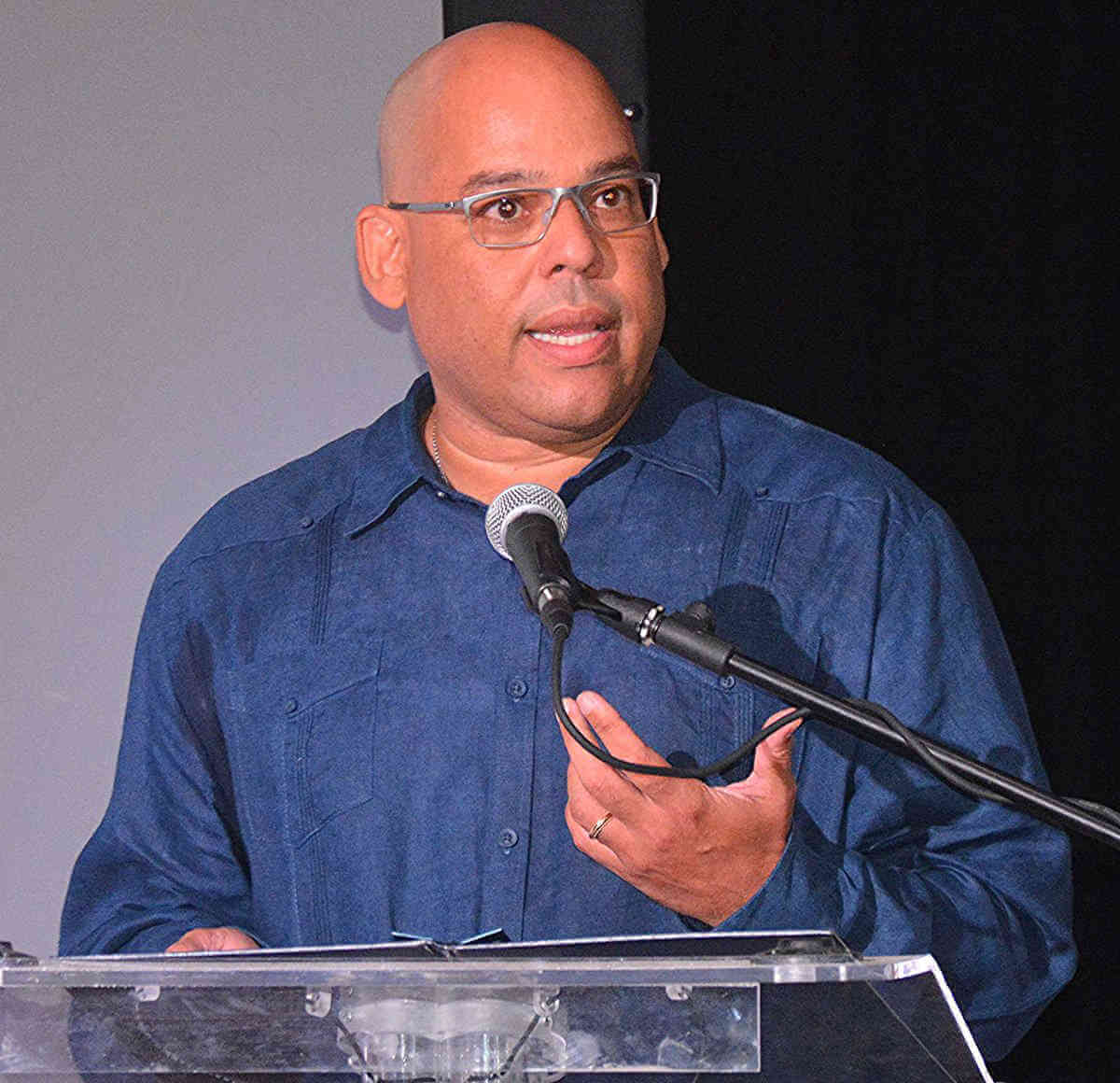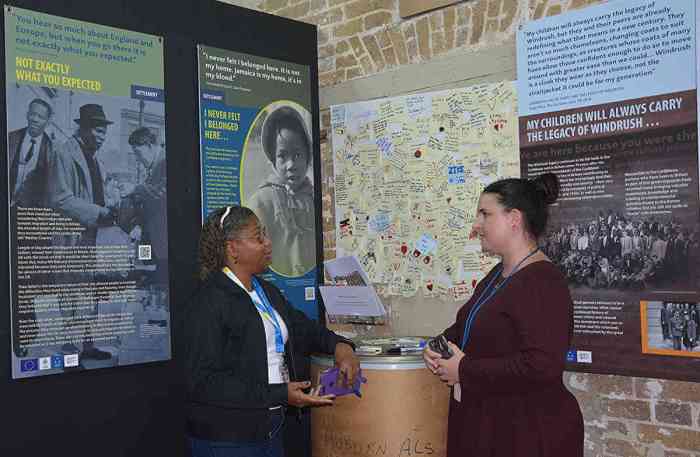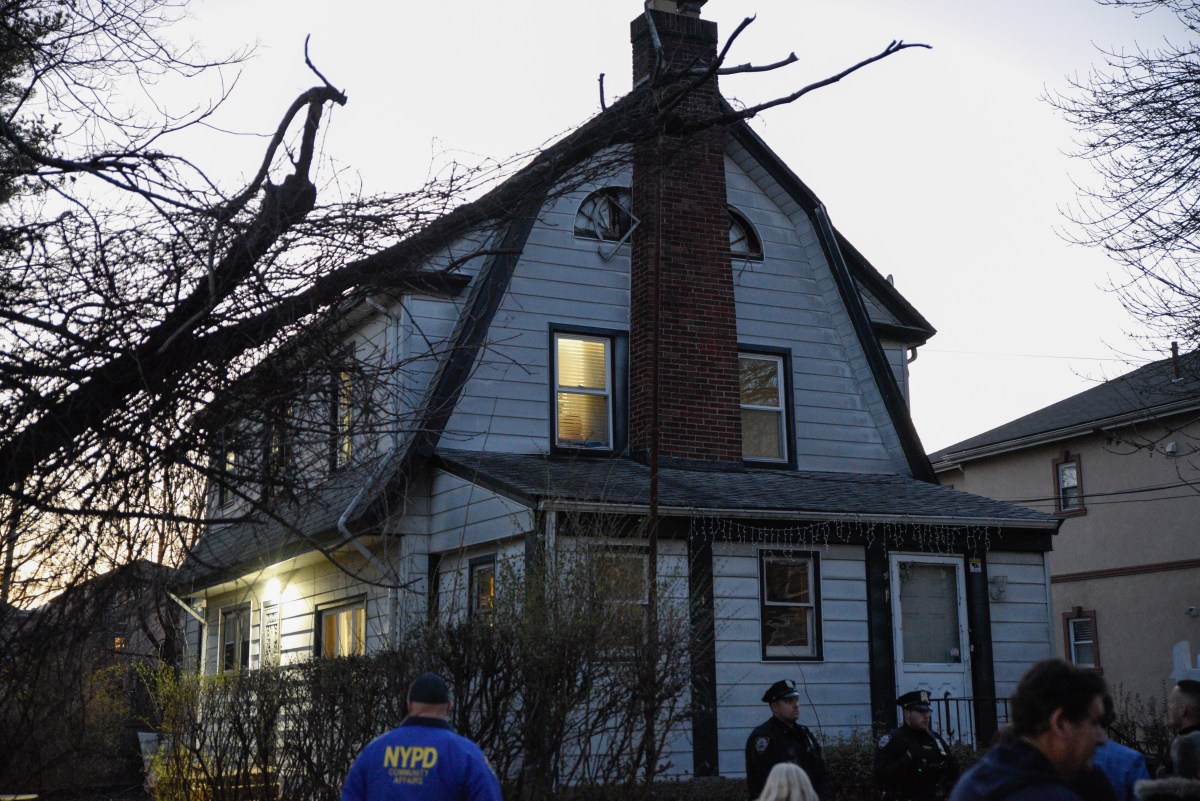While uncertainty over the exact level of personal compensation that will eventually be paid to Caribbean persons who suffered discrimination as the ‘Windrush Generation’, activists in Barbados are advising not to trust the British government to honor its word.
Guy Hewitt, a former diplomat and one of the leading personalities in the fight for compensation of thousands of Caribbean nationals who suffered discrimination from the British after serving that country, and Buddy Larrier a ‘Windrush Generation’ victim have warned that Britain is veering towards the political far right, which would make the government cancel its undertakings so victims should hasten to get their paperwork in order.
The Windrush Generation comprises Caribbean emigrants mainly from Barbados, Jamaica, and Trinidad and Tobago who were invited to England to fill a need for workers following World War II, from 1948 to 1971.
Most of them travelled on the vessel SS Empire Windrush, though in later years they departed by plane.
Many of these persons who helped rebuild a war-devasted Britain were unceremoniously deported to their original countries, and those who remained in England along with their descendants have suffered major ill-treatment.
Following a huge international outcry with Hewitt as Barbados high commissioner to Britain in the forefront last year, the British Government agreed to compensate these persons from a fund — said to be open ended — starting at 200 million pounds sterling, and to regularize the citizenship status of the ones who did not have such documentation.
Hewitt warned Wednesday that the historical evidence says the British government should not be trusted and urged Caribbean governments, current diplomats in the UK and non-governmental organisations to join in ensuring the British keep their word.
“It was only under immense duress that the UK government was willing to come to the table and start to address this,” he said.
Hewitt cited an attempt at further discrimination following the British government’s pledge to compensate as a reason that it cannot be left to honor its word.
“The recent deportation of some persons from Jamaica where there had to be a judicial injunction to stop further deportations again is a sign that the [British] government is pandering to an extreme right.”
He spoke of persons informally termed ‘Yabos’ who are known for supporting nationalist parties in England and said, “those types have been brought into the political mainstream because they are voting.”
He warned that for this reason policy may change because the British government, “wants to make it seem that their concerns are reasonable and rational.”
Larrier, who spent almost three decades working in England as a member of the ‘Windrush Generation’ and later becoming an activist on behalf of the suffering Caribbean workers, a few days ago called on fellow nationals of the era to speed up their applications for British citizenship that is available to them now, if they never obtained it while working in England.
He advised the affected Caribbean persons who are back in the region now to make haste in regularising their documents before the cut-off period, after which all benefits will be lost.
“There are a number of people … who do not get pension [from the UK] but because of the reparations scheme … Those people are entitled to their pension,” he said in the Walled Garden Theatre of the Museum.
He added, “there are some people who get their pension but they do not have citizenship, if they don’t be careful the cut-off is going to come where you only get a pension if you have British citizenship. And that’s why it is now offered as part of the compensation scheme.”
“If you apply for the British citizenship once you have lived in England for those periods you would get it and it wouldn’t cost you anything.”

















